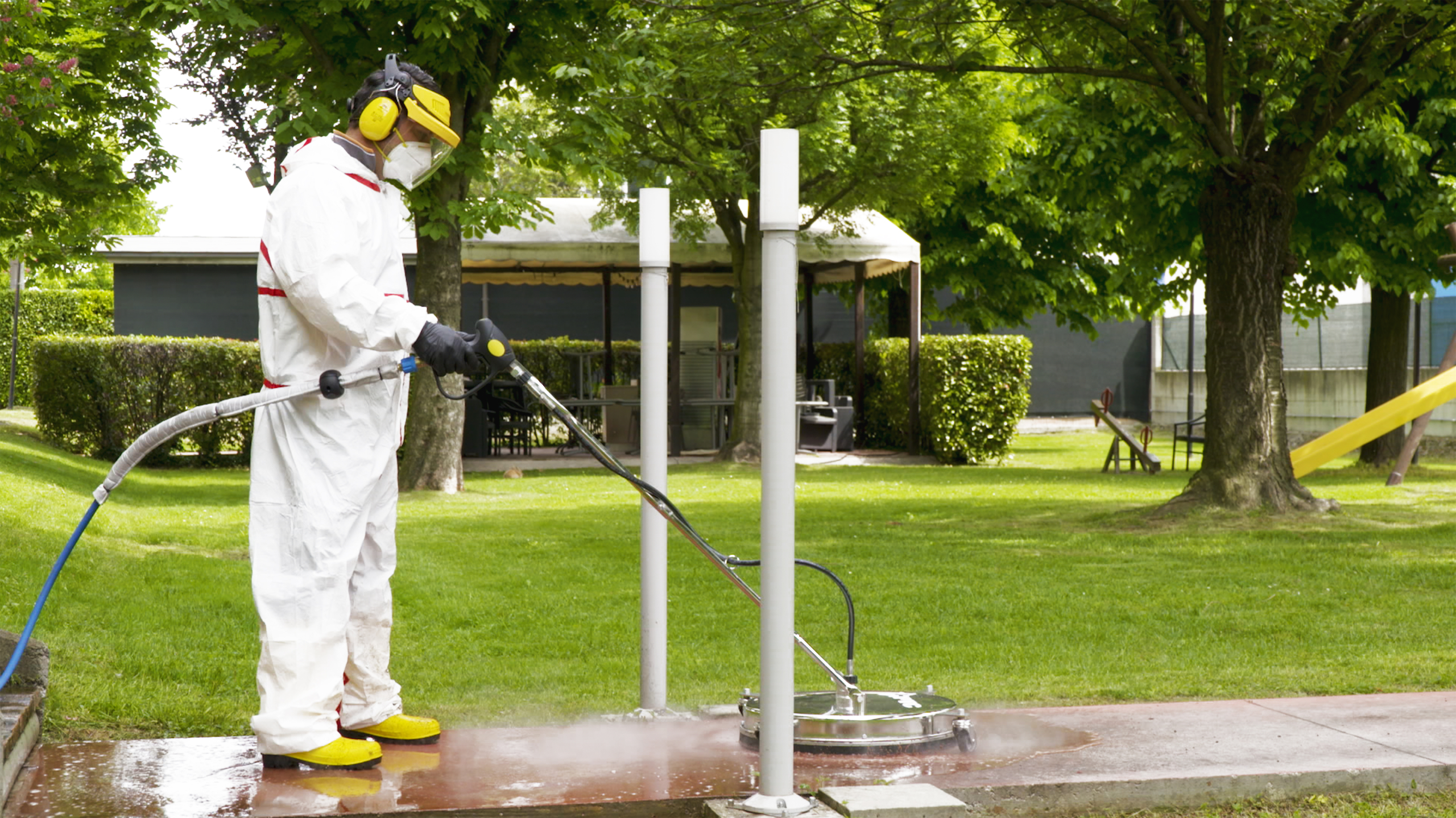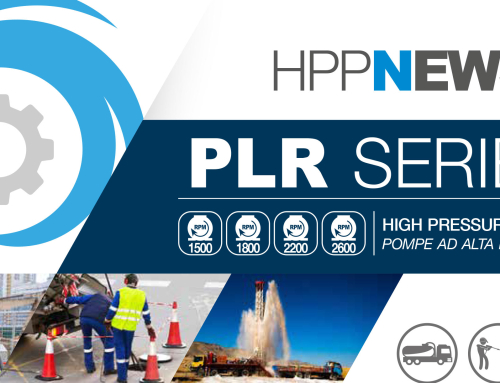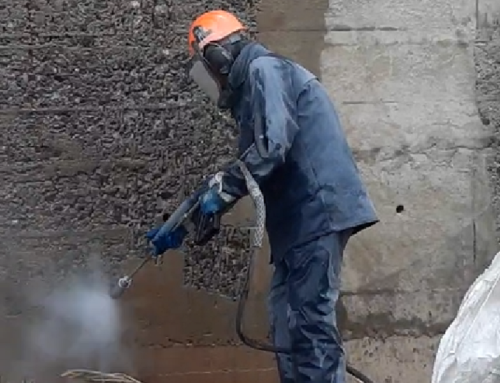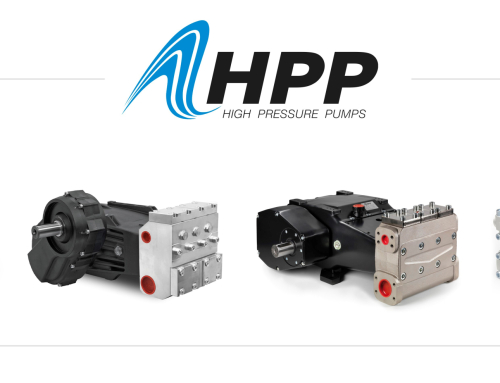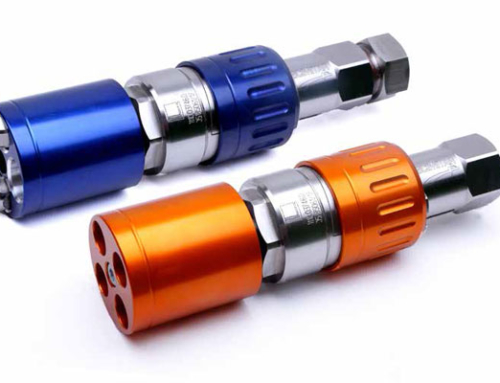Urban cleaning is one of the many sectors for which high pressure piston pumps are used as fundamental elements.
In this article we will see in detail what the cases are and all the advantages of the use of pressure pumps by municipalities.
What is Urban Cleaning
The category of urban cleaning, in addition to waste collection, includes all those activities that a municipal administration carries out to keep city streets and public spaces clean.
Managed directly by the municipality through its employees, assigned to a subsidiary company or contracted out to a private company, this service has evolved radically over the years. In fact, until a few decades ago, street cleaning was carried out by street cleaners, manually, with more basic tools such as: brooms, dustpans and bins.
Nowadays, however, urban cleaning has advanced vehicles and equipment, such as sweepers to clean and wash the streets, compactors to collect and transport rubbish, vacuum cleaners to remove debris and waste, vacuum trucks for cleaning sewers, and many others tools that increase efficiency and the level of cleanliness and hygiene obtainable.
Many of these are driven by systems based on high pressure piston pumps: let’s see which are the main ones.
Cleaning of streets and surfaces
Cleaning the streets has always been one of the most frequent jobs for those who deal with urban cleaning. In addition to the removal of leaves, paper and other coarse waste from the road – for which we intervene with vacuum cleaners and sweepers – urban cleaning also deals with washing and sanitizing pavements, vertical surfaces and furnishings that make up street furniture, elements that are daily target of atmospheric agents, smog, guano and other animal waste.
For these procedures, powerful high-pressure washers are used which base their cleaning power on a pressurized jet of water produced by a high-pressure piston pump. An operation that is carried out effortlessly and without damaging materials or the environment thanks to the use of simple water, without the use of any polluting detergent.
With the use of specific units dedicated to urban cleaning equipped with special boilers, the effect of hot water and steam can also be added to the pressurized water, for example for the removal of spray paint graffiti and for sanitizing benches or tables in public parks.
The same cleaning operation can be applied to other artefacts and objects under the jurisdiction of a municipality, for example tanks, containers, vehicles and machinery.
Sewer cleaning and unblocking
The municipalities are also entrusted with the task of keeping the sewers of urban centers free and clean. Drains, wells, pipes and drains, in fact, are essential elements for disposing of white water and black water, and require frequent washing and unblocking operations.
Procedures that are effectively carried out with the so-called sewer cleaning units, based on a jet of high pressure water (produced once again by a piston pump) called hydrojet which pushes a particular nozzle along the pipeline to be unblocked, while cleaning the surfaces of the pipe itself.
In addition to roads, municipalities also deal with the maintenance of public buildings, such as offices, schools and administrative structures which, like any other private property, have pipes for toilets and, in some particular cases, kitchens and refectories.
Unfortunately, soap, food residues, hair and other debris also easily block the pipes of public buildings, just as foliage and soil block external gutters. To unblock them, we intervene by applying the power of canal-jet machines equipped with piston pumps: sewer cleaning equipment that uses a jet of high-pressure water, delivered by a nozzle specially designed for cleaning pipes. High pressure water unclog and cleans duct surfaces.
Cleaning of buildings and means of transport
Where sewer pipes are not connected to the urban network, cesspools or septic tanks are installed, into which organic waste and waste water produced by those who work and use public buildings end up.
These containers need to be emptied periodically using sewer cleaning machines: the piston pumps, in this case, use pressure to generate a powerful suction which allows the creation of a vacuum inside large tanks and, with the use of long pipes, remove the contents of the wells and septic tanks (sewage, sludge, oils, etc.), to transport it in complete safety to special disposal sites.
Municipalities and their investee companies are also responsible for the maintenance of public transport vehicles, such as trains and buses: vehicles equipped with toilets that require flushing just like buildings. Also in this case we intervene with purge equipment, but, at the same time also posing the need to clean the space that houses the toilets, combined vacuum units equipped with washing pumps have been designed for urban cleaning at high pressure.

